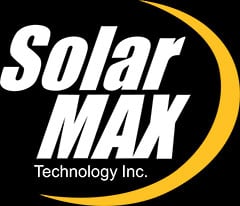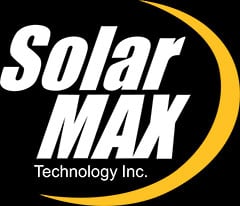One of the most frequent questions we're asked is whether are not installing photovoltaic solar panels is a financially sound investment in a particularly cloudy area. Especially in northern California, knowing that your solar panels will continue to provide returns day after day is important for peace of mind and making the right home improvement investment. To this end, there are some very important facts to consider.
San Diego, Los Angeles and Phoenix, Arizona, account for 435 megawatts of solar capacity, according to The Denver Post. These are three of the sunniest cities with wide-spread solar adoption, yet the other top 10 cities for solar generation, according to the recent "Shining Cities" study by the Frontier Group and Environment America, aren't known for their sunny weather. According to the report, the fourth largest city for solar generation is Indianapolis at 107 megawatts, while New York City and Newark, New Jersey, also landed spots on the list.
These states have high rates of power generation because of continued investments and focus on solar technology, but they also show that a home doesn't need direct, daily access to bright sunlight to provide value. While the cities that boast exceptionally sunny weather might top the list in solar capacity, homeowners in cloudy neighborhoods are going to see savings just as high.
Of course, sunny weather is only one consideration for reviewing the financial sense of solar panels for your home. You should also consider factors such as how long you plan to own your house, how you would finance the work and the utility that provides your electricity. These can all influence your decision greatly.
"You do have to do a little bit of homework to figure all this out," Bob Marschner, a homeowner who decided solar panels make sense for his home in Snee Farm, South Carolina, told The Post and Courier. "For me, the break-even for my system will be around 11 years. If I could use all the tax credits it would probably be eight or nine years."
Another important thing to think about is the age and structural integrity of your roof. If your roof hasn't been repaired or replaced in the last 10 years, you might consider having that work done first, which can increase the end cost — but still might be worth it.
The most important consideration, however, is electrical costs. Consider how much you spend per year in electricity and weigh that over a 15, 20 or 25 year period of financing solar energy panels, if you can't buy outright. For the majority of homeowners, the savings provided by completely or mostly eliminating their electricity bill will outweigh the monthly payment on their panels.
The main considerations for an investment into solar panels are:
Cost - Solar panel prices have plunged in recent years, which makes now an excellent time to consider purchasing.
Efficiency - If your home is well-insulated and has an efficient heating and cooling system, solar is an excellent next step. You may want to consider making other energy-efficiency investments first, however, if they aren't already in place.
Roof condition - You don't want to have to take down your solar panels to replace your roof and then put them back up — that could cost thousands. You want to put solar panels on a roof that should last as long as the useful life of the panels.
Tax credits - Federal tax credits are currently in place through 2016 that can rebate up to half of the cost. That means a $25,000 solar array would really cost $11,250, so consider the potential benefits and cost reductions.
If all of these conditions are met and you feel solar is a great idea for your home, contact SolarMax Technology today.
To receive a free solar consultation, click HERE.




